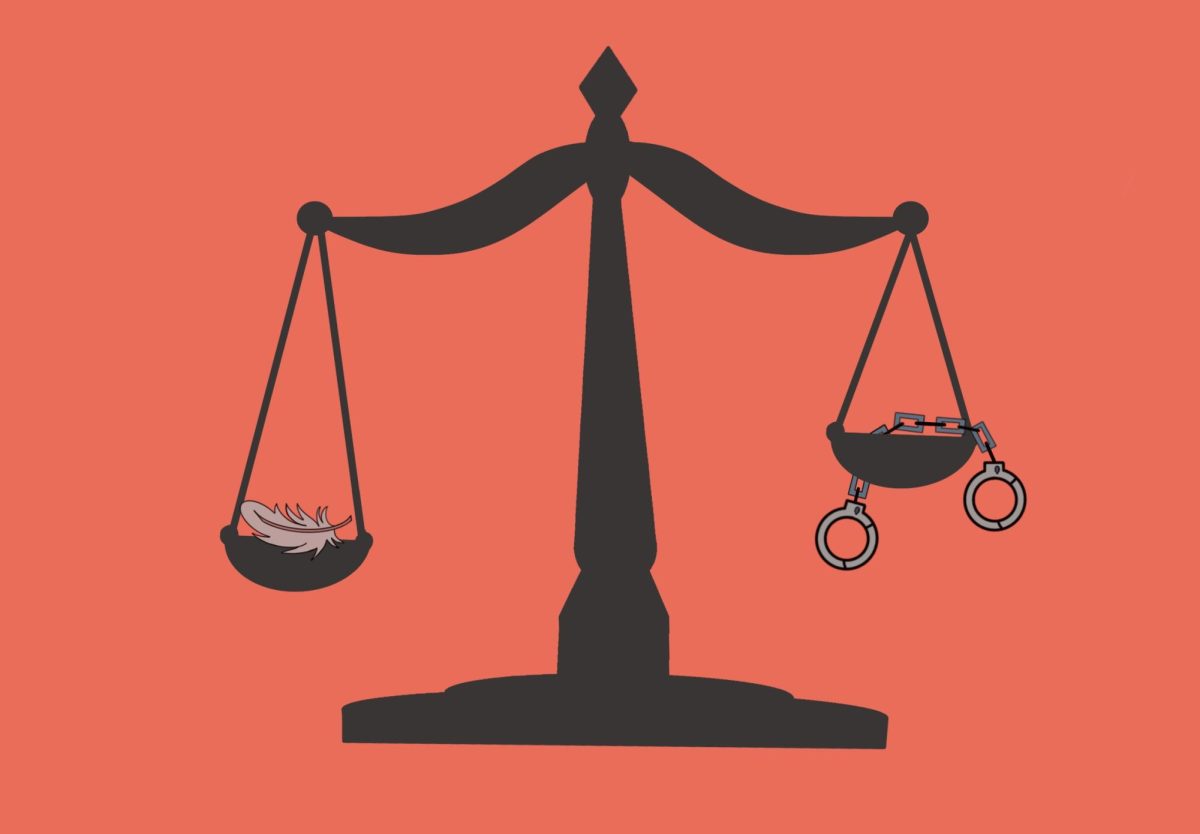By James Bryan
Kelly Gissendaner was convicted of the 1997 recruitment of her boyfriend to murder her husband in Gwinnett County. The boyfriend, Gregory Owen, lay in wait for Doug Gissendaner in the family’s home, ambushed him upon arrival, held a knife against his throat and drove him to a remote location. He then proceeded to repeatedly and viciously stab the husband to death.
Owen made a deal in court: he testified against Gissendaner and pleaded guilty in exchange for his life. Gissendaner received no such mercy and was sentenced to death several months later.
Despite many appeals for clemency from her attorneys, her graduation from a theology program while incarcerated, the fact she did not physically commit a crime, months of delays because of “problems with the lethal injection,” and a letter from Pope Francis urging the state to spare her, Georgia executed Kelly Gissendaner on Sept. 30, 2015.
While I am not condoning her actions, Gissendaner did not deserve to die, and her execution is a part of a greater, disturbing trend.
According to the Death Penalty Information Center, the national execution rate is declining, decreasing from 34 in 2014 to 19 last year. In 2014, Georgia executed two inmates. But last year, the state executed nine, which was the most of any state and the most in Georgia since the death penalty was reintroduced in 1973.
As the national trend is decreasing, Georgia executions continue to increase, and there are currently 72 inmates on the Georgia death row, according to a report by the Georgia Department of Corrections.
Not only are executions on the rise, but they also come at a high price. Jeffrey Fagan, a professor of law and public health at Columbia University and Co-Director of the Center for Crime, Community, and Law, wrote that, “Even in states where prosecutors infrequently seek the death penalty, the price of obtaining convictions and executions ranges from $2.5 million to $5 million per case (in current dollars), compared to less than $1 million for each killer sentenced to life without parole.” He also says that these costs are put on local governments, taking away funds from the police, health care, infrastructure and education.
One major goal of incarceration is to prevent future crimes, but there is no evidence that capital punishment achieves this. John Lamperti, a professor of mathematics at Dartmouth College, wrote that even after Great Britain, France, Italy and Australia abolished the death penalty in the ‘70s, ‘80s and ‘90s, those nations, with the exception of Great Britain, did not experience increases in murder rates. While Great Britain did see a rise in murders, the country also saw a rise in violent crimes which were not subject to execution, indicating no correlation between no capital punishment and higher murder rates.
Not only do executions not fulfill their purpose, they can be botched, leading to agony for the prisoner, which is unconstitutional. Lethal injection is supposed to take effect within seven minutes, but it took Georgia man Jose High over an hour to die in his 2001 execution, after taking an unacceptable 20 minutes to find a useable vein.
People like Kelly Gissendaner did not deserve to die — she was rehabilitated in prison, did not physically commit the murder and was a mentor and friend to other prisoners, her lawyers, and even prison guards.
A good family friend of mine, Susan Casey, was one of her lawyers, fighting for clemency until the very end. I still see Susan occasionally wearing her “Kelly on my mind” wrist band, continuing to show her support for a woman she came to know not as a murderer, but as a good woman who cared for others.
As a civilized society, we should no longer allow capital punishment, but instead focus on overhauling the current prison system and concentrating our efforts on the rehabilitation of criminals and social programs to help deter future crimes. The Kelly Gissendaner case is the epitome of the problems with capital punishment in the United States and in Georgia. It is apparent that reform must occur when someone who has shown complete remorse for her actions more than 15 years ago still cannot be spared.






